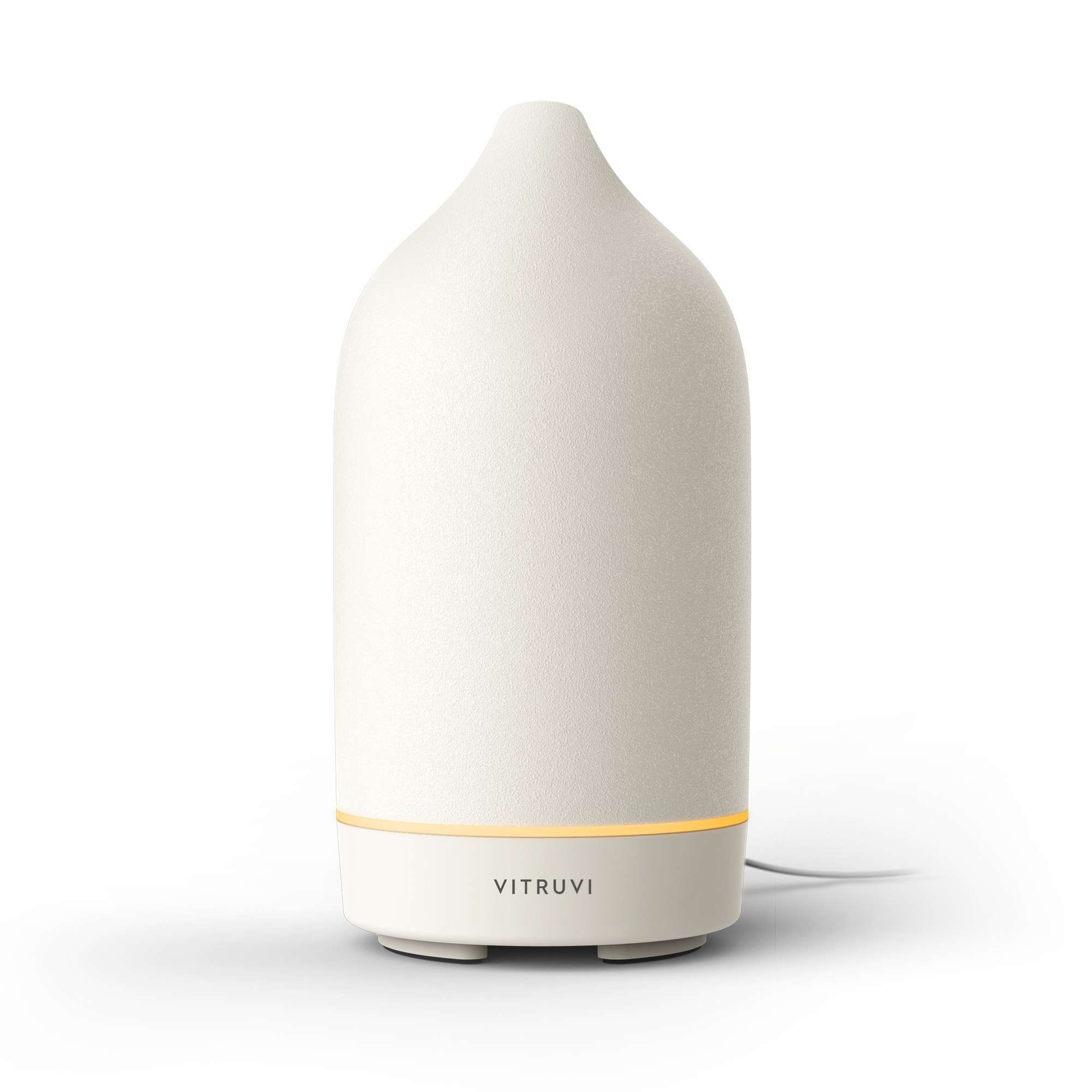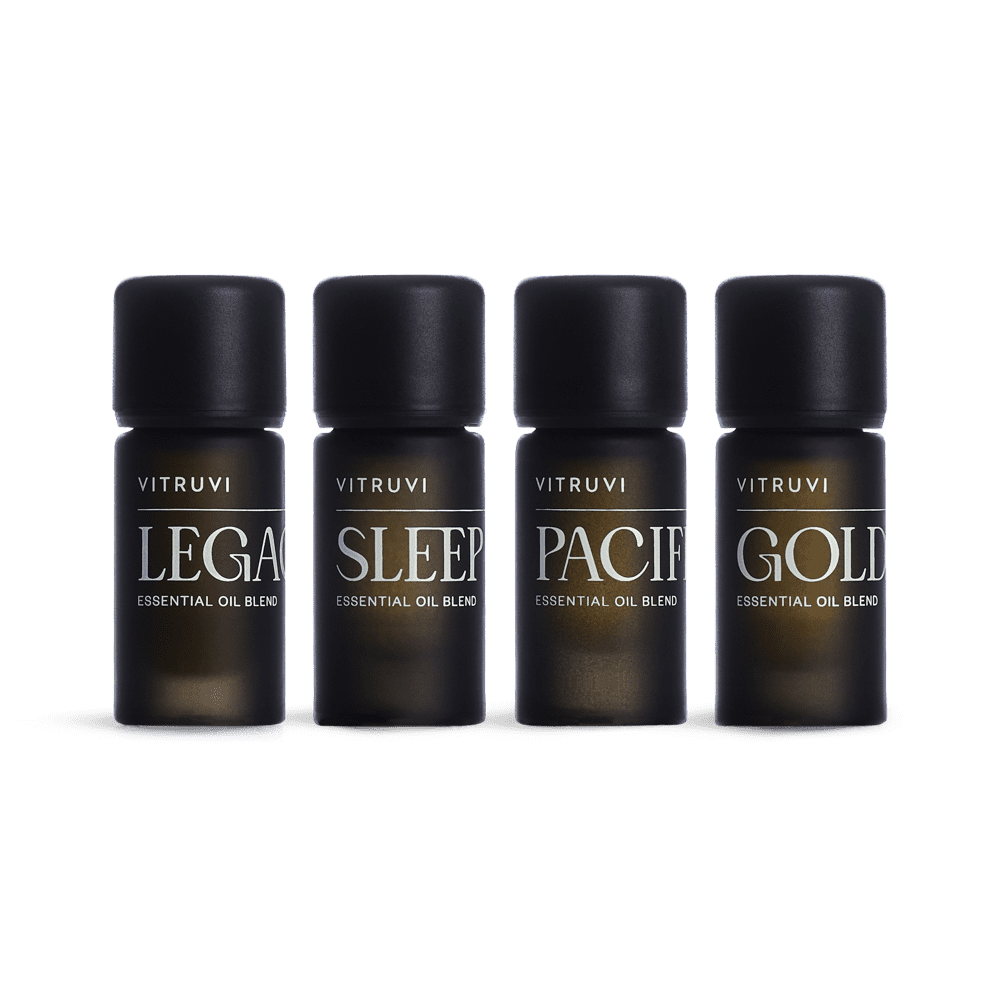When she opened I Miss You Vintage in Toronto 14 years ago, Julie Yoo couldn’t have known that all these years later, consignment would be cool. But attitudes have greatly changed when it comes to wearing previously-owned items—so much that it’s been recently reported that the clothing resale market is growing 21 times faster than the retail market. The magic of Marie Kondo has prompted people to shed their joyless layers and sell them instead—benefitting both a person’s wallet and the environment.
“It's becoming more mainstream,” Yoo says of her business, which has shifted from vintage sales to a focus on consignment, and over the years has expanded to a men’s store and a robust e-commerce platform. “I remember in the beginning, people would walk in and say, ‘Is this used clothes? Ugh.’ And walk out.”
Today, customers can’t get enough of perusing I Miss You’s continually refreshed assortment of gently-used (and in some cases, never worn) garments and accessories. Yoo, who has a background in art curation, has deftly shifted her offerings in sync with new consumer needs. As many of us are currently in spring cleaning mode, more and more minds are focused on how to be more conscientious about doing away with the old (while possibly recouping some dollars spent on shopping sprees of seasons past). “The product has changed,” Yoo acknowledges of her wares. “We started off as having historical vintage items, to strictly designer-label-based retail.”
The thoughtful and wasteless approach of shopping someone else’s closet leaves us all feeling good, but it’s style-savvy types who are the real winners when it comes to consignment and its promise of attainable aspiration. While vintage pieces often entice a particular type of consumer who doesn’t mind appearing less label-conscious, at I Miss You, eye-catching Gucci boots from 2017 and a Balenciaga little black dress from the Nicolas Ghesquière days appeal to the consumption-conscious fashion lover—one who knows style shouldn’t sacrifice sustainability.
Speaking of that buzzy word, switching to a consignment model has helped Yoo’s business stay viable as well. “It has to do with business sustainability,” she says of her move to consignment. “You can sell X number of fifties dresses. It’s very niche. Also, the manner in which true vintage is often sourced is difficult. Working on consignment, you build a client base and have them bring it to you.”
Yoo’s interest in fashion past and present hasn’t been compromised, though; I Miss You’s website and social feeds feature runway shots, advertisements, and pop culture references to help to bolster the coveted nature of its consigned pieces. And in addition to the public, designers and brands keep their eye on I Miss You’s tantalizing array; for example, Yoo sold a 1973 dress designed by the late Karl Lagerfeld for Chloé to the French label’s archive. “I try to never lose the passion of what I do,” she says, reflecting among her original shop’s ever-covetable wares. “I love working with objects, whether historical or contemporary. That’s always ultimately what brought me to this.”












